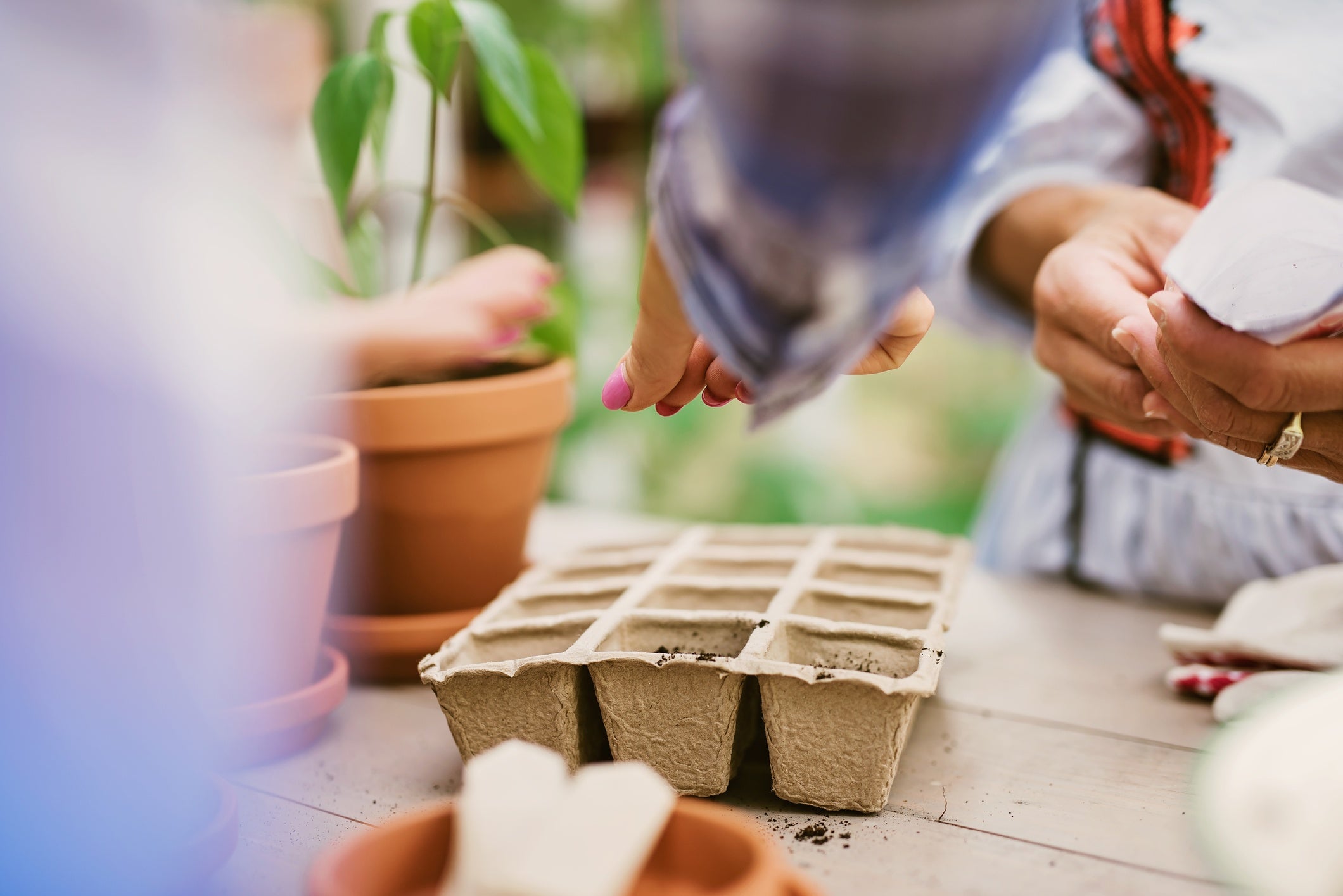
7 Organic Gardening Tips for February
It’s cold. It might be snowing. You might be in the midst of a messy thaw. But you can’t deny the sun is moving north, and the days are getting longer. Garden season is not far behind! Brush off your winter, don your spring, and get a few organic gardening tasks done this month!
nnn
Want more organic gardening tips?
Download our free eBook.
n
Tags:
t’s cold. It might be snowing. You might be in the midst of a messy thaw. But you can’t deny the sun is moving north, and the days are getting longer. Garden season is not far behind! Brush off your winter, don your spring, and get a few organic gardening tasks done this month!
This list of garden chores is loosely based on Zone 5. Check this map for your zone. Adjust for your zone or micro-climate.
Finally, look outside. Watch for perennials greening up or bulbs sprouting. I have a grouping of daffodils up against the warm, sunny side of the house. They reliably pop out of the ground mid-month and restore my faith in the natural world.
1. Get More Detailed With Your Planning
Fill a garden journal with drawings, maps, lists, dreams, and weather patterns. Whether you have an actual book or an app, keeping records will help you remember what went wrong or right, thoughts on experiments for future years, tips from other gardeners, and photos. Lots of photos! Now is the best time to start a garden journal. Design your garden beds, then place orders for seeds and live plants. Inventory your seed stash, compost the old, and replace them with fresh stock. Try something new and exotic this year!2. Get Your Tools Ready
Sharpen clippers and loppers, tune up mowers and tillers, and make sure shovels and hand tools are ready for working. Clean your seed starting supplies and containers. If you use grow lights, make sure they are all working. Stock up on potting soil for starting seeds and planting containers. Clean out your greenhouse and cold frame. Repair or replace old tools. Check hoses and sprinklers for cracks and leaks. You want everything ready and working when the weather is cooperative enough for you to get gardening!3. Prune Fruit Trees
Save this task for the second half of the month, while they are still dormant and before the buds swell. There are three main reasons to prune - remove dead or diseased wood, improve air circulation and light, and shape the tree. Bring in tree branches to force into flowering. Get some springtime early on! Forsythia and pussy willow are probably the best known for forcing, but you can also cut apple, cherry, dogwood, redbud, and many others.4. Start Seeds
Sow seeds of onions, parsley, pansies, and perennials. Leave them in a warm place to germinate. Bring them out and put under lights once there is growth. Sprinkle poppy seeds on your garden beds, even if there is snow on them.5. Plan Your Hardscaping Projects
Walkways, driveway, decks, patios, fences, and outbuildings are as big a part of your garden as the plants! Make a plan for maintenance, upgrades, or building new.6. Care for Houseplants
Houseplants will put on new growth as the days get longer. It’s time to clean them up. Propagate cuttings and check for root bound plants, and repot or pot up as needed. (Find out more details on houseplant care).Got the winter blahs? Take a close look at your garden, and get excited about the upcoming growing season by getting ready!
Would you like to be the first to hear about our new products and more? Sign up for our Nature’s Path Newsletter.

